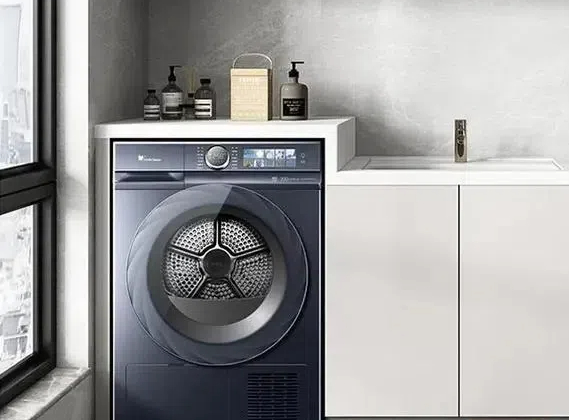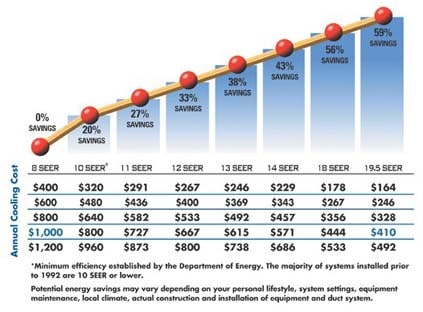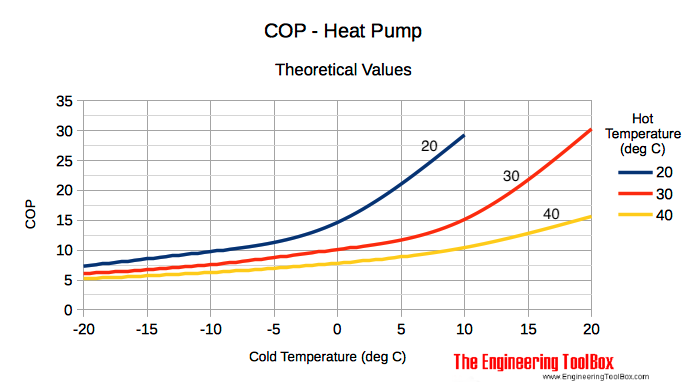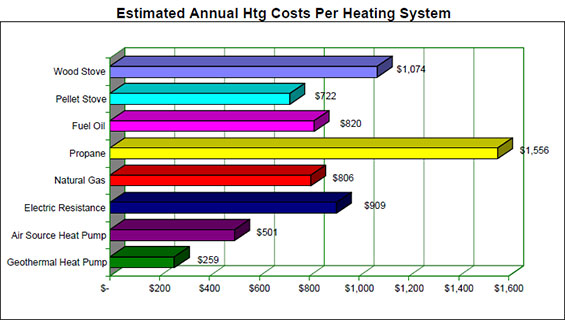
Content Menu
● Introduction
● Understanding Heat Pump Dryer Technology
● Efficiency Advantages
● Operating Principles
● Environmental Impact
● Cost Considerations
● Performance Characteristics
● Installation and Space Requirements
● Maintenance and Care
● Smart Features and Innovation
● Consumer Considerations
● Future Developments
● Conclusion
● Frequently Asked Questions
>> Q1: How much longer do heat pump dryers take to dry clothes?
>> Q2: Are heat pump dryers worth the higher initial cost?
>> Q3: Do heat pump dryers require special installation?
>> Q4: How long do heat pump dryers typically last?
>> Q5: Can heat pump dryers work in cold climates?
Introduction
Heat pump dryers represent a significant advancement in laundry technology, offering remarkable energy efficiency compared to conventional dryers. This comprehensive guide explores their efficiency advantages, operating principles, and real-world benefits for consumers and the environment.
Understanding Heat Pump Dryer Technology
Heat pump dryers utilize an innovative closed-loop system that recycles heat throughout the drying cycle. Unlike conventional dryers that expel warm air outside, these advanced machines capture and reuse heat, significantly reducing energy consumption.
Key Components:
- Evaporator
- Condenser
- Compressor
- Heat Exchanger
- Sealed System
Efficiency Advantages
The efficiency gains of heat pump dryers are substantial compared to traditional models. According to ENERGY STAR data [1](https://www.energystar.gov/products/ask-the-experts/save-more-laundry-heat-pump-clothes-dryer), these innovative appliances demonstrate remarkable energy savings.

Operating Principles
Heat pump dryers work through a sophisticated process:
1. Initial Air Treatment
- Warm air circulates through the drum
- Moisture is extracted from clothes
- Air passes through the heat pump system
2. Heat Recovery
- Warm, moist air enters the evaporator
- Heat is captured and recycled
- Moisture is condensed and collected
3. Continuous Cycle
- Dried, reheated air returns to the drum
- Process continues until clothes are dry
- Minimal energy is lost
Environmental Impact
The environmental benefits are significant:
- Reduced Carbon Footprint
- Lower Energy Consumption
- Decreased Greenhouse Gas Emissions
- Sustainable Operation
- Extended Clothing Lifespan
Cost Considerations
While heat pump dryers typically have a higher initial cost, their efficiency provides substantial long-term savings [2](https://switchingtoelectric.com/blog/should-you-buy-a-heat-pump-dryer). The investment analysis includes:
- Purchase Price Comparison
- Operating Cost Reduction
- Energy Bill Savings
- Maintenance Requirements
- Expected Lifespan

Performance Characteristics
Heat pump dryers offer unique performance features:
- Lower Operating Temperatures
- Gentler Fabric Treatment
- Consistent Drying Results
- Reduced Static Electricity
- Better Color Protection
Installation and Space Requirements
These units offer flexible installation options:
- Ventless Operation
- Condensate Drainage
- Compact Design Options
- Multiple Placement Possibilities
- Simple Setup Process
Maintenance and Care
Proper maintenance ensures optimal efficiency:
- Regular Filter Cleaning
- Condenser Care
- Sensor Maintenance
- Drum Cleaning
- System Checks
Smart Features and Innovation
Modern heat pump dryers incorporate advanced technology:
- Moisture Sensing
- Temperature Control
- Program Customization
- Mobile Connectivity
- Energy Monitoring
Consumer Considerations
Factors to consider when choosing a heat pump dryer:
- Household Size
- Usage Patterns
- Space Availability
- Climate Conditions
- Budget Constraints
Future Developments
The technology continues to evolve:
- Improved Efficiency
- Enhanced Features
- Smart Integration
- Cost Reduction
- Performance Advances
Conclusion
Heat pump dryers represent a significant advancement in laundry technology, offering substantial energy savings and environmental benefits. While they require a higher initial investment, their efficiency and performance advantages make them an increasingly attractive choice for environmentally conscious consumers seeking long-term value and reduced energy consumption.

Frequently Asked Questions
Q1: How much longer do heat pump dryers take to dry clothes?
A: Heat pump dryers typically take about 30-50% longer than conventional dryers due to their lower operating temperatures, but this is offset by their significant energy savings and gentler treatment of fabrics.
Q2: Are heat pump dryers worth the higher initial cost?
A: Yes, for most households, the higher upfront cost is justified through substantial energy savings over the appliance's lifetime, reduced environmental impact, and gentler clothing care.
Q3: Do heat pump dryers require special installation?
A: No, heat pump dryers are ventless and only require a standard electrical outlet and a way to drain condensed water, making them more flexible in terms of installation location.
Q4: How long do heat pump dryers typically last?
A: With proper maintenance, heat pump dryers can last 10-15 years or more, comparable to or exceeding the lifespan of conventional dryers.
Q5: Can heat pump dryers work in cold climates?
A: Yes, heat pump dryers work effectively in any climate as they operate in a closed system, independent of external air temperature.












